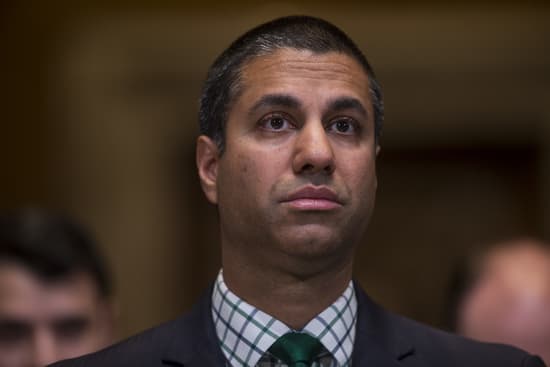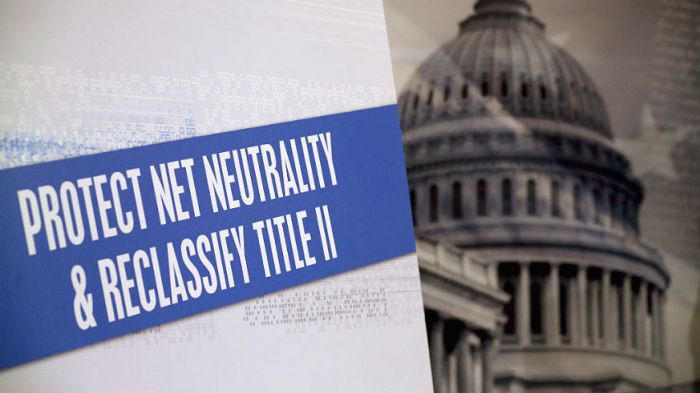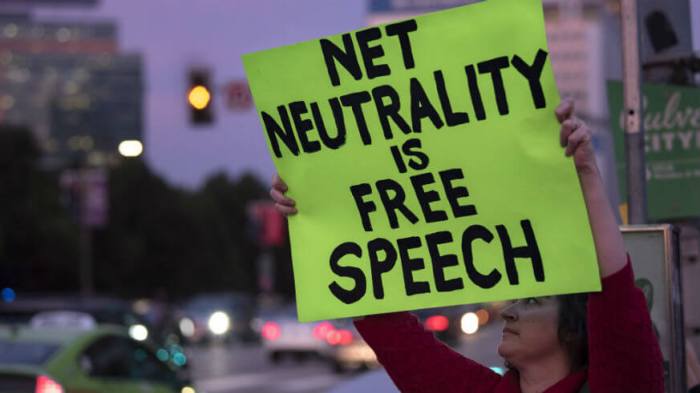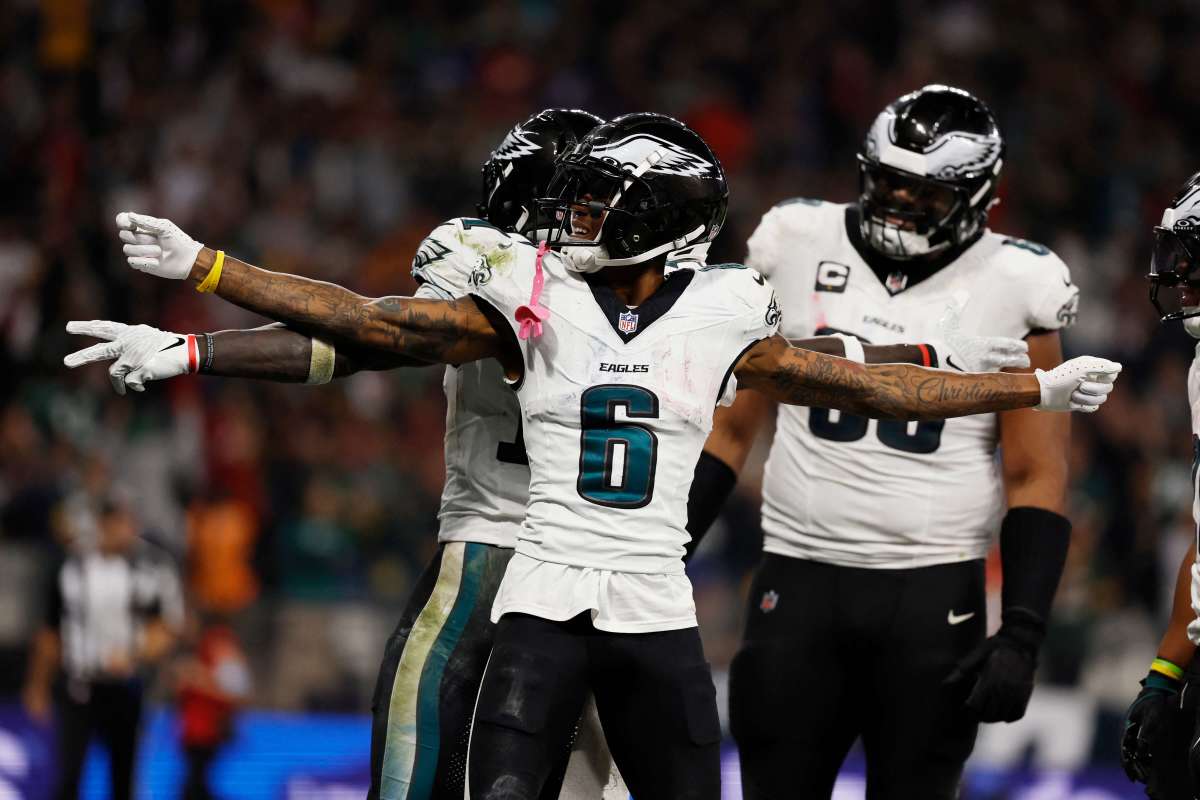On Thursday, the FCC voted in favor of repealing laws under Title II protecting net neutrality despite heavy protest. The vote came out 3-2 (Republicans to Democrats).
“Two years ago, the orders stripped the FCC of jurisdiction over broadband providers,” Chairman Ajit Pai said in a speech before the final vote. “Today, the FCC will once again have the authority to take action against Internet service providers that engage in any competitive, unfair or deceptive acts.”
Pai stated that following the vote, “Americans will still be able to access the websites they want to visit. They will still be able to enjoy the services they want to enjoy.”
Ultimately, the rules wouldn’t take effect for a few months, about 60 days after they are published in the Federal Register, Business Insider reports.
Advocacy groups respond
A coalition of advocacy groups will fight for Congress to overturn the vote.
“Now that the FCC has voted to end net neutrality rules, only Congress can keep the rules in place,” reads their petitioning site. “With a simple majority vote in both houses, they can use the Congressional Review Act to vote on a ‘Resolution of Disapproval’ that overrules the FCC vote. But to do that, they need to hear from constituents.” The group is calling on the public to fight with them and write or call Congress: “text BATTLE to 384-387 to contact Congress and stop the FCC.”
One advocacy group, Free Press, tweeted after the vote that they have a message for Pai: “We’ll see you in court.”
Chairman @AjitPaiFCC and the FCC majority just voted to trash your internet freedom by repealing Title II #NetNeutrality. Our message to Pai: This fight isn’t over. We’ll see you in court. https://t.co/cxVGBCFQvB
— Free Press (@freepress) December 14, 2017
“Free Press will take the FCC to court to challenge its reversal on the proper definition of broadband, the accuracy of its contentious justifications for tossing out the rules, and the many process fouls that have plagued the FCC proceeding since it began earlier this year,” the group wrote in a statement.
Broadband providers respond
Broadband providers like AT&T, Comcast and Version have promised not to block or interfere with content, which has been one of protesters’ main concerns, reports WIRED.
Bob Quinn, AT&T Senior Executive Vice President of External and Legislative Affairs, said in a blog post on Thursday the following statement: “In short, the internet will continue to work tomorrow just as it always has. Despite the existence and the enforceability of all of these commitments, we have, since 2010, also repeatedly called for a non-Title II legislative solution that would make these consumer protections permanent. We continue to support a legislative solution and will work with any interested members of Congress to achieve that solution.”
FCC commissioners respond
The two Democratic FCC commissioners who voted against the repeal, Jessica Rosenworcel and Mignon Clyburn, expressed their outrage.
Rosenworcel tweeted: “The FCC voted to roll back net neutrality today. History will not be kind to this vote to destroy Internet openness. But this is not over. I’m not stopping here or now–and neither should you. Let’s keep up the fight. Let’s keep raising a ruckus. The future depends on it.”
The @FCC voted to roll back #NetNeutality today. History will not be kind to this vote to destroy Internet openness. But this is not over. I’m not stopping here or now–and neither should you. Let’s keep up the fight. Let’s keep raising a ruckus. The future depends on it.
— Jessica Rosenworcel (@JRosenworcel) December 14, 2017
Clyburn also took to Twitter, stating: “Consumers not cable companies should decide how notification of price increase and service changes are delivered to the customer.”
#Consumers not #cable companies should decide how notification of price increases & service changes are delivered to the customer. #Transparency #FCCLive
— Mignon Clyburn (@MClyburnFCC) December 14, 2017
The two shared their dissent statements online as well.
Rosenworcel concluded hers with a powerful declaration: “I, too, am frustrated. But here’s a twist: I hear you. I listen to what callers are saying. I read the countless, individually written e-mails in my in-box, the posts online, and the very short and sometimes very long letters. And I’m not going to give up—and neither should you. If the arc of history is long, we are going to bend this toward a more just outcome. In the courts. In Congress. Wherever we need to go to ensure that net neutrality stays the law of the land.”
You can read Rosenworcel’s full dissent here, and Clyburn’s here.























